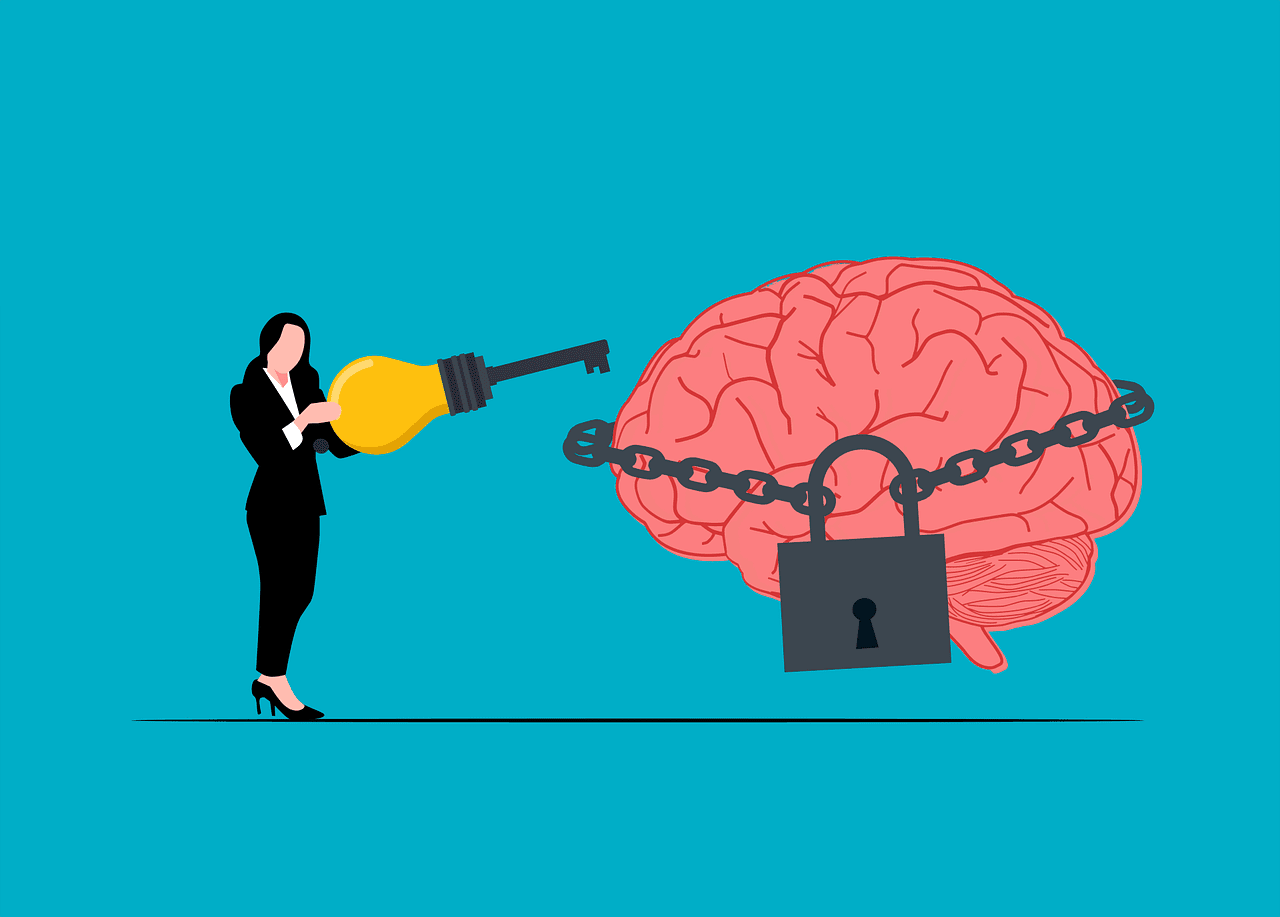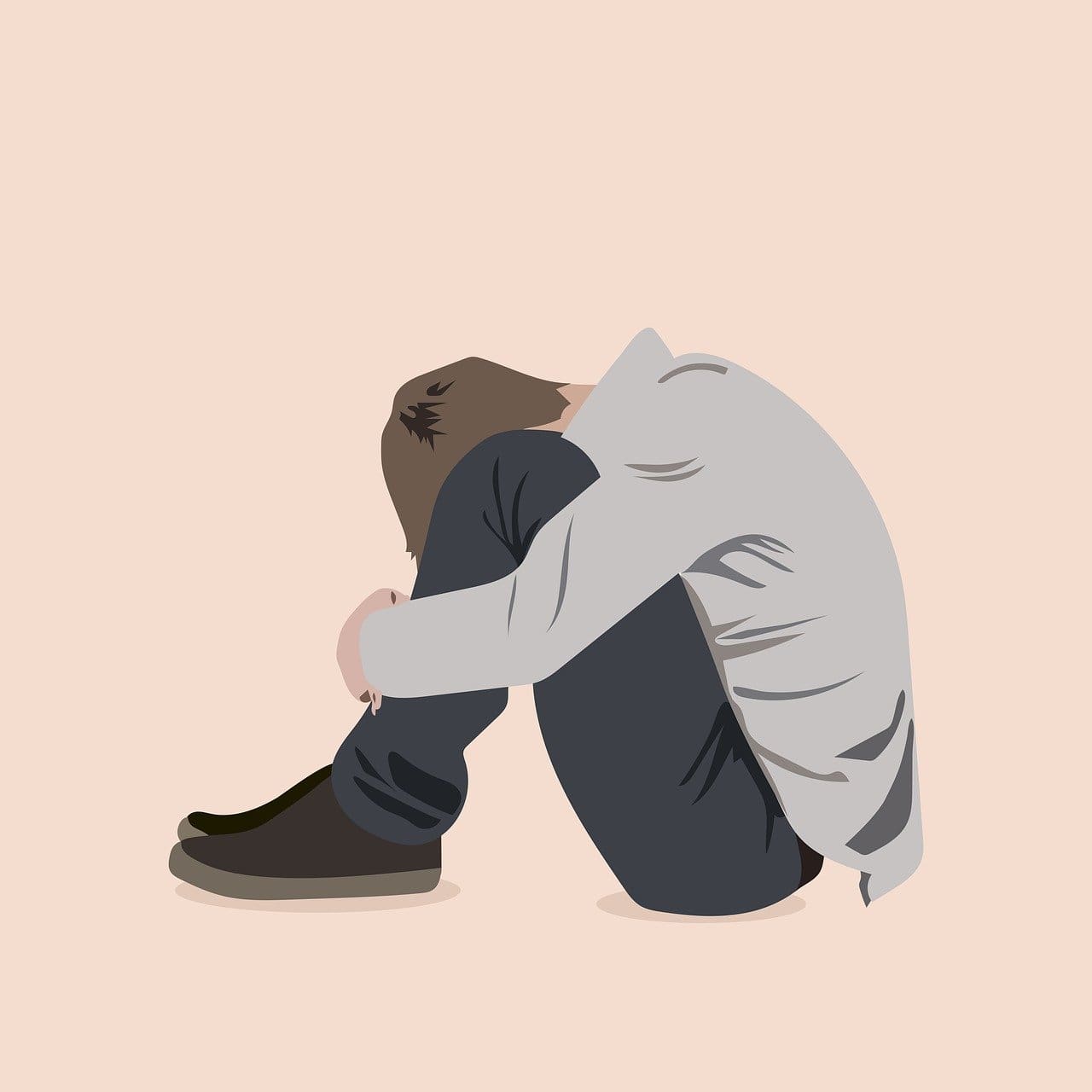Welcome to a guide filled with helpful tips on managing depression and anxiety while dealing with a chronic illness. Coping with a long-term health condition can be challenging, but by incorporating these strategies into your daily routine, you can take steps towards improving your mental health. From practicing self-care to seeking support from loved ones, this article aims to provide you with the tools you need to navigate the ups and downs of managing your well-being alongside your illness. Remember, you are not alone in this journey and there are resources available to help you along the way. Have you been struggling with managing depression and anxiety while dealing with a chronic illness? It can be overwhelming to navigate the challenges of both physical and mental health issues. But don’t worry, you’re not alone. In this article, we’ll provide you with some helpful tips and strategies to cope with depression and anxiety while managing a chronic illness. Let’s dive in!

Understanding Depression, Anxiety, and Chronic Illness
Dealing with depression and anxiety in the face of a chronic illness can feel like an uphill battle. Depression is a common mental health condition characterized by persistent feelings of sadness, hopelessness, and a loss of interest in activities you once enjoyed. Anxiety, on the other hand, is a feeling of fear, worry, or unease that can range from mild to severe.
Chronic illnesses, such as diabetes, heart disease, and autoimmune disorders, are long-lasting conditions that require ongoing management and care. Living with a chronic illness can be physically and emotionally draining, leading to feelings of helplessness and despair.
Understanding the relationship between depression, anxiety, and chronic illness is the first step in managing these complex issues. By recognizing the symptoms and triggers of each condition, you can develop coping strategies to improve your overall well-being.
How Depression and Anxiety Impact Chronic Illness
Depression and anxiety can have a significant impact on how you manage your chronic illness. These mental health issues can exacerbate the symptoms of your physical condition, making it harder to adhere to treatment plans and adopt healthy lifestyle habits. Additionally, living with depression and anxiety can increase your risk of developing complications from your chronic illness and decrease your quality of life.
It’s important to address your mental health concerns alongside your physical health needs to achieve optimal well-being. By taking a holistic approach to managing depression, anxiety, and chronic illness, you can improve your overall health and quality of life.
Let’s explore some practical tips for managing depression and anxiety with chronic illness.

Tips for Managing Depression and Anxiety with Chronic Illness
Living with depression and anxiety while managing a chronic illness can feel overwhelming, but there are strategies you can use to cope with these challenges. Here are some tips to help you navigate the complexities of mental and physical health:
Develop a Strong Support System
Having a strong support system can make a world of difference when you’re dealing with depression, anxiety, and a chronic illness. Reach out to friends, family members, healthcare providers, and support groups for emotional support and guidance. Surround yourself with people who understand your struggles and can offer encouragement and empathy during difficult times.
Prioritize Self-Care
Self-care is essential for maintaining your physical and mental well-being while managing a chronic illness. Make time for activities that bring you joy and relaxation, such as exercise, meditation, reading, or spending time in nature. Practice good sleep hygiene, eat a balanced diet, and stay hydrated to support your overall health. Remember to listen to your body and give yourself permission to rest when needed.
Stay Active
Physical activity is a powerful tool for managing depression, anxiety, and chronic illness. Regular exercise can improve your mood, reduce stress, and boost your energy levels. Find an activity that you enjoy, whether it’s walking, swimming, yoga, or dancing, and incorporate it into your daily routine. Start with small, achievable goals and gradually increase the intensity and duration of your workouts as you build strength and endurance.
Practice Mindfulness and Relaxation Techniques
Mindfulness and relaxation techniques can help you cope with the symptoms of depression, anxiety, and chronic illness. Take time each day to practice deep breathing exercises, meditation, or progressive muscle relaxation to calm your mind and body. Focus on the present moment and let go of worries about the past or future. By cultivating a mindfulness practice, you can reduce stress, enhance your self-awareness, and improve your overall mental health.
Set Realistic Goals
When you’re managing depression, anxiety, and a chronic illness, it’s important to set realistic goals that align with your physical and emotional capabilities. Break tasks into smaller, manageable steps and celebrate your achievements along the way. Avoid comparing yourself to others or setting unrealistic expectations for yourself. Remember that progress takes time, and it’s okay to ask for help when you need it.
Communicate Your Needs
Effective communication is key to managing depression, anxiety, and chronic illness. Be open and honest with your healthcare providers about your symptoms, concerns, and treatment preferences. Advocate for yourself and ask questions about your diagnosis, treatment options, and prognosis. Share your feelings with trusted loved ones and seek professional help if you’re struggling to cope with your mental health issues. Remember that you’re not alone, and there are resources available to support you on your journey to wellness.
Stay Connected
Isolation can worsen the symptoms of depression, anxiety, and chronic illness. Stay connected with friends, family, and community resources to maintain a sense of belonging and social support. Attend support groups, therapy sessions, or social events to connect with others who understand your experiences and can offer guidance and encouragement. Building meaningful relationships and fostering connections can improve your mental health and strengthen your resilience in the face of adversity.
Monitor Your Symptoms
Monitoring your symptoms is essential for managing depression, anxiety, and chronic illness. Keep a journal of your mood, energy levels, and physical symptoms to track changes over time. Note any triggers or patterns that may be contributing to your mental health concerns or exacerbating your physical condition. Share this information with your healthcare providers to guide your treatment plan and make informed decisions about your care.
Seek Professional Help
If you’re struggling to manage depression, anxiety, and chronic illness on your own, don’t hesitate to seek professional help. Talk to your doctor, therapist, or psychiatrist about your symptoms and concerns. They can offer you guidance, support, and treatment options tailored to your unique needs. Consider therapy, medication, or other interventions to address your mental health issues and improve your quality of life. Remember that asking for help is a sign of strength, not weakness, and seeking treatment is a courageous step towards healing.

Conclusion
Managing depression and anxiety with a chronic illness can be a challenging journey, but you don’t have to face it alone. By developing a strong support system, prioritizing self-care, staying active, practicing mindfulness and relaxation techniques, setting realistic goals, communicating your needs, staying connected, monitoring your symptoms, and seeking professional help, you can cope with the complexities of mental and physical health. Remember that you are resilient, resourceful, and worthy of healing. Take small steps each day to care for yourself and nurture your well-being. You deserve to live a fulfilling life despite the challenges you face. You are not defined by your illness or your mental health struggles. You are a unique, valuable individual who has the strength and courage to overcome adversity. With the right tools, strategies, and support, you can manage depression and anxiety while living well with a chronic illness. Stay strong, stay hopeful, and remember that you are not alone on this journey. Thank you for taking the time to read this article. We hope you found it helpful and empowering. Best wishes for your health and happiness.
